Sport
Dollar
38,2552
0.34 %Euro
43,8333
0.15 %Gram Gold
4.076,2000
0.31 %Quarter Gold
6.772,5700
0.78 %Silver
39,9100
0.36 %The recent United Nations vote on Palestine was largely symbolic in nature. Here's what actually changing things on the ground.
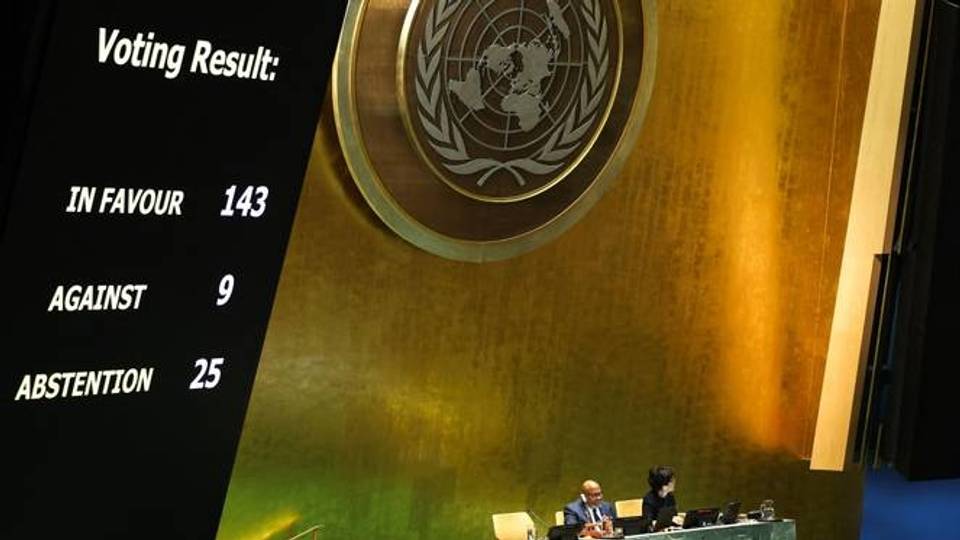
By Ebrahim Moosa
The United Nations General Assembly vote on Friday to support Palestine's membership to the body was a well-meaning but rather symbolic event. To be fair, there will be some benefits, but will it change the reality on the ground?
The vote by 143 countries affirmed the Palestinian bid to become a full UN member, recognised Palestine as qualified to join the UN, and recommended that the UN Security Council "reconsider the matter favourably."
In 2012 despite vehement US and Israeli objections Palestine changed its status from a "non-member observer entity" to a "non-member observer state."
This gave Palestine a chance to join international bodies such as the International Criminal Court (ICC) and lodge a case against for example unlawful Jewish settlements in the West Bank and military attacks in the West Bank and Gaza.
However, full membership to the UN can only be approved by the 15-member security council, where the five permanent members have a veto. And as recently as last month, the United States vetoed a resolution for the full recognition of Palestine as a state.
Still, even without Security Council approval for full membership, Palestinians now have new benefits.
When the General Assembly opens in September, Palestine will have the right to be seated among member states in alphabetical order. In addition, Palestine will be able to make statements on behalf of a group, cosponsor proposals, propose items in the provisional agenda, and raise procedural motions.
Palestinians will not have a General Assembly vote, nor would they be able to present candidacy for major UN bodies such as the security council and the Economic and Social Council.
However, pro-Israeli groups fear that a separate General Assembly vote could allow for the election of the Palestinians to the UN Human Rights Council. This could be a forum where Israel's human rights abuses can be prosecuted.
What's in a vote?
Nine countries voted against the membership of Palestine: the US, Israel, Argentina, Czech Republic, Micronesia, Nauru, Palau, Hungary, and Papua New Guinea. Supporting the resolution were Russia, China, India, Indonesia, South Africa, France, Spain, Belgium, and several other eastern European countries.
Despite Germany's full-throated support for Israel in its supply of lethal weapons, it abstained in the vote, along with the United Kingdom, Canada, Sweden and 21 others.
Abstention, instead of opposition, might indicate that these countries can no longer deny Palestinian statehood. Fearing backlash from vocal domestic audiences and perhaps out of deference to the US-Israel's primary backer-the UK, Canada and Germany held back from supporting the rather toothless resolution.
However, even if Palestine gains full recognition at the UN, this does not change any of the facts on the ground. Palestinian sovereignty and territory are not on the agenda in these symbolic votes.
However, even if Palestine gains full recognition at the UN, this does not change any of the facts on the ground. Palestinian sovereignty and territory are not on the agenda in these symbolic votes.
In defending its no vote, United States Deputy Ambassador Robert Wood claimed that Palestinian statehood can only be recognised as a result of direct negotiations with Israel.
The US and Israel fully know that no such negotiations are on the table. And claims of future negotiations are nothing but deception. The US has had three decades to ensure negotiations took place. Instead, various administrations colluded with Israel and deliberately neglected negotiations.
Instead, the US amply rewarded Israel with lucrative arms sales and annual support. Armed to the teeth by the US and other Western nations, Israel changed the reality on the ground and confiscated more land. Since 1967 to 2017, according to Amnesty International, Israel has seized 100,000 hectares of land.
More than 386 square miles of land theft has reduced a future Palestinian state to less than a quarter of what was designated in 1948. In March 2024 another 800 hectares of Palestinian land was confiscated, and another 3 square miles of land was stolen.
During last week's vote in the UN, Israel's ambassador Gilad Erdan, performed a full range of antics in addition to condemning all the nations who voted in favour of the resolution.
He shredded the UN Charter in full view of members as an act of protest. Erdan might be oblivious to the fact that it was the very UN Charter he dishonoured that gave Israel statehood.
The rich irony was Erdan's vicious accusation that the UN is welcoming a "terror state" into its ranks. If ever there was a reason for the world to understand why there is no peace in the region, it could be derived from the attitude of the Israeli representative at the UN and Israel's genocidal activities for the past seven months in Gaza.

Spain and Ireland, as well several other European Union states, plan to recognise Palestine as a state on May 21, according to the EU's foreign policy chief, Josep Borrell. One has yet to know how this will impact realities on the ground.
October attack
What does seem to have shaken things up is what happened on Oct. 7, 2023.
When all negotiations with Israel failed, Hamas attacked. This action appears to have reawakened a people in an expression of "decolonisation." This altered the facts on the ground and brought the historical injustice meted out to Palestinians to a global audience in a graphic manner. The hidden genocide over the decades was now brazenly on display.
This is the logic provided by the revolutionary thinker from Martinique, Frantz Fanon. In his masterpiece of revolutionary action, The Wretched of the Earth, Fanon wrote that "decolonisation is always a violent event."
Perhaps the Palestinian thinker and scholar Edward Said would not agree, but Hamas does now seem to represent a new generation of resistance fighters.
Decolonisation involves the need to challenge the colonial occupation that the Palestinian Authority has facilitated and which has now been a millstone around its neck for three decades.
Resistance is always asymmetrical with the military advantage to the occupying power. Hamas has the markings of a true process of decolonisation if it succeeds, according to Fanon. Israel realises the real threat Hamas poses as a game-changer, and thus has been devoted to its annihilation.
Decolonisation involves the need to challenge the colonial occupation that the Palestinian Authority has facilitated and which has now been a millstone around its neck for three decades.
Fanon invoked the Biblical verse: "So the last will be first, and the first will be last (Matthew: 2016)." In Fanon's view, the protagonists engage in a bloody contest where the last move up to the front.
Last October, a very different and dynamic form of resistance became manifest in the Palestinian theatre that might be the first salvo to finally change the reality on the ground.
It, of course, comes at a huge cost of Palestinian life and sacrifice. Yet, Palestinians have two options: perpetual enslavement or decolonisation, as Fanon would argue. In such a complex moral algorithm, symbolic votes at the UN might achieve something, but do very little on the ground.
About the author: Ebrahim Moosa is the Mirza Family Professor of Islamic Thought & Muslim Societies in the Keough School of Global Affairs, at the University of Notre Dame in Indiana in the United States.
Disclaimer: The views expressed by the author do not necessarily reflect the opinions, viewpoints and editorial policies of TRT Afrika.
➤Click here to follow our WhatsApp channel for more stories.
Comments
No comments Yet








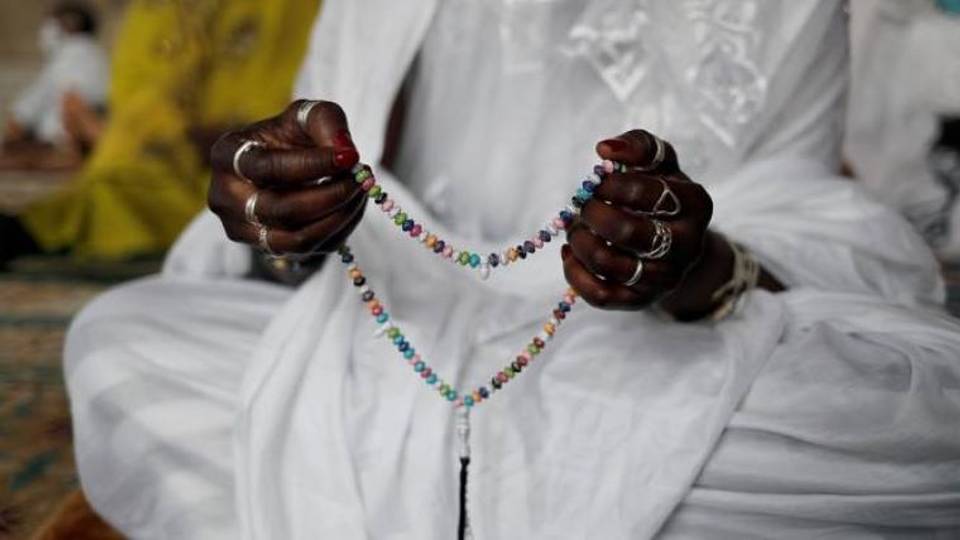
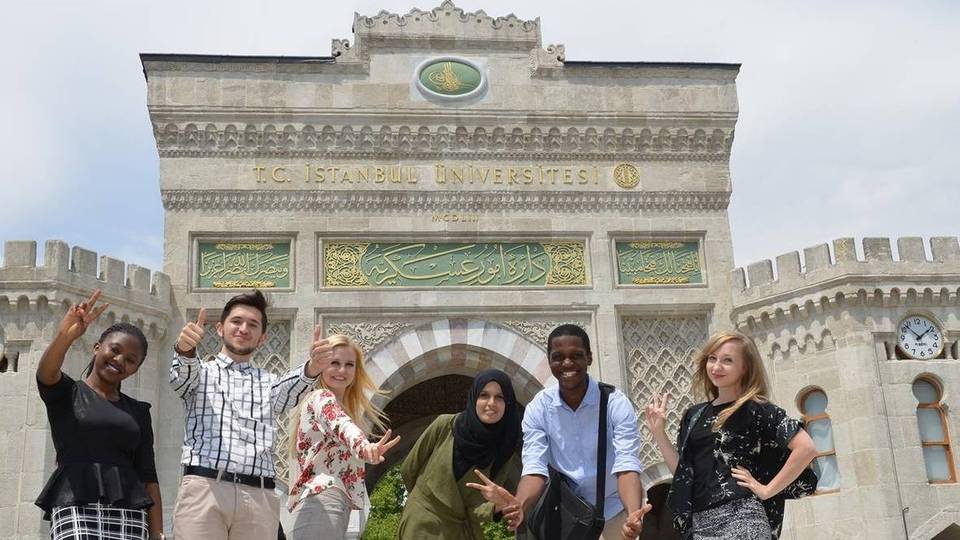
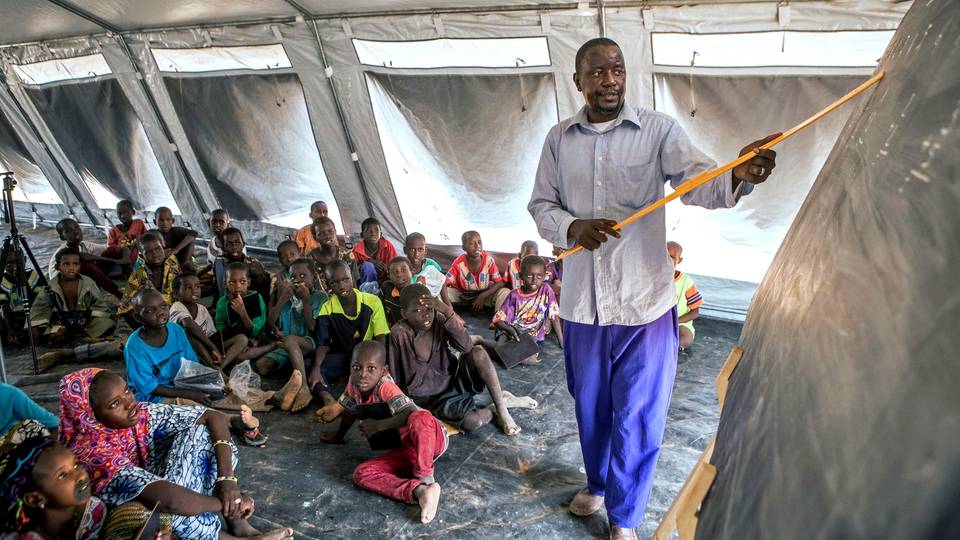
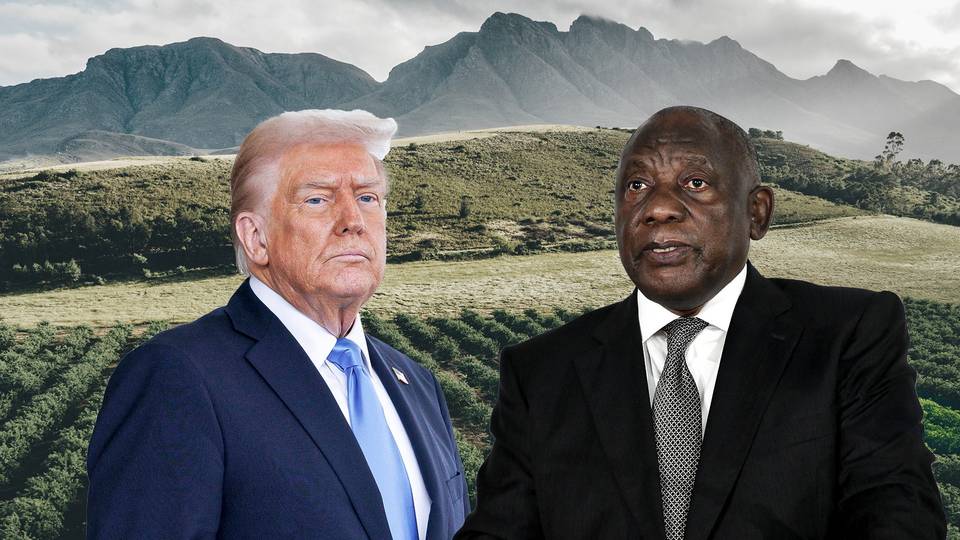








Comment